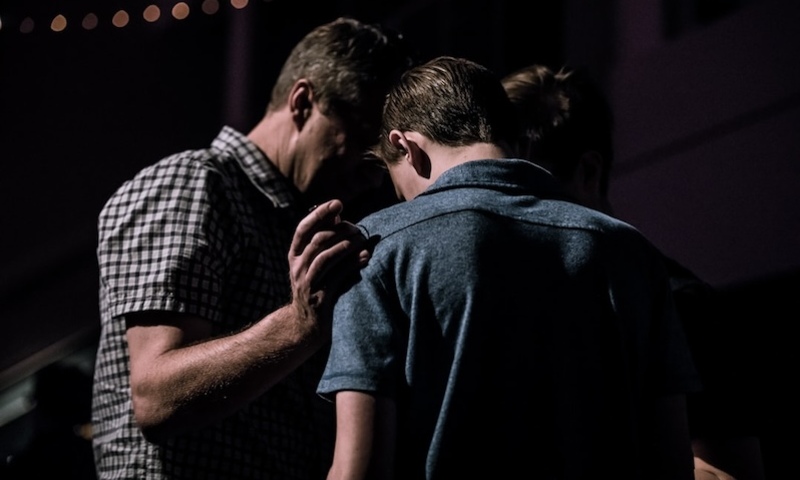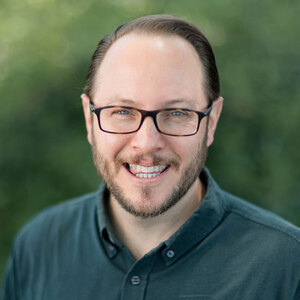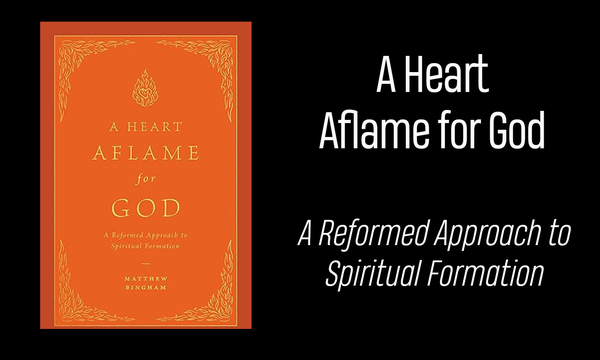I went to seminary to be great.
I’m sure there was something well-meaning in it, and I’m sure that there was a genuine call on my life to take that path. But like many seminary students, I was driven more by my flesh and the desires of my flesh than the Spirit.
I certainly wasn’t fantasizing about praying with someone, or being by the bed-side of someone dying. I was fantasizing about crowds. As I’ve written about in , when I was at Talbot School of Theology, my professors were very uninterested in my pursuit of grandiosity, and continually pointed me to Jesus (who, it turns out, was also uninterested in my quest for greatness).
More than anywhere I have ever been, seminary was the place where I was forced to grapple with Jesus - not the Jesus of my creating - but the Jesus who said things like “the first are last and the last are first,” “you must lose your life in order to find it,” and “my power is made perfect in your weakness.”
The danger with these kinds of statements, however, is that they are easy to memorize but difficult to live. They are difficult to live because they are not ideas we can tack onto an already established view of the world. These are truths that erode and undermine our assumptions and desires.
The goal is to look at the world through these claims, and come to see the world this way, and not merely learn the answer to the exam.
This does not happen quickly. Rather, we start with an affirmation. “Lord, it is true that your power is made perfect in my weakness.” Then we have to be watchful and see the truth. We have to see all of the ways we don’t live that way. We have to attend to all of the places in our minds and hearts that don’t affirm these things as true. We have to see how our fantasy lives betray a different vision of the world.
Our hope, although this is fantasy, is that if we just memorize a verse it will become true of our lives. We think that if we can just learn this information, and then get excited about it, that it will magically transform us. But transformation in the Spirit differs. Transformation in the Spirit requires that we die and resurrect - or to use the older language, we must mortify our flesh with its desires to know the vivification of the Spirit.
This means that much of our transformation will feel like dying to things. We will know weakness before we recognize God’s power. We will feel like we’re losing our lives before we realize we’re finding them. We’ll feel like we’re last before we know we’ve become first.
Oddly, we are often the last people to know that we’ve changed. We are often much more aware of the unnerving and broken truths of our souls. But then one day we discover that we actually see the world differently.
I do a lot of preaching, and one thing I remind my sisters and brothers is that preaching isn’t the most important thing the church does. The most honorable things in the kingdom of God and not the most up-front things. Greater honor is given to hidden things. The most significant things we do - regardless of what they are - are acts of love.
I might have been able to say that as a seminary student, but I didn’t yet believe it. I wanted to be a preacher and a teacher because I thought that was the really important stuff, and I thought everything else existed to prop that up. It was in seminary that I realized I was called to really small things and I was called to do them in love. I am not called to make them the most significant things.
This leads me to a realization I have had recently. One of the roles I’m asked to fill every now and again at church is the role of “blesser.” When we come up to the communion table every Sunday, we have the option to receive a blessing from someone, either in place of or in addition to, receiving the elements from the table.
At one point, when a child came up for a blessing, I got down on my knees to lay my hands on her shoulders and bless her by name. I was struck that this is the most important thing I do.
If you have not internalized the economy of the kingdom, it might seem that this simple act is nice but ultimately a waste of time. It takes eyes to see the truth that calling these little ones near gets to the heart and soul of life in the kingdom.
What we need to keep front and center in our lives is that the kingdom of God is like the culture and economy of a foreign city. It takes living in it for years to understand its rhythms, movements, and cadence. It takes a long time to become fluent in its language. When I went to seminary I was the disciple trying to keep the children from Jesus, because we had “more important things to do.” But now, with Jesus, I love to call the little children to draw near.
In all of this, there is a call to grow and a call to be patient. “Let us not grow weary in doing good,” Paul warns, “for in due season we will reap, if we do not give up” (Gal. 6:9). Do not grow weary. Be watchful of how your actual life runs against the grain of scripture, and present your body as a living sacrifice. Trust that the Lord continues to be at work even when, especially when, you struggle with the values of his kingdom.
In this patience we should count the cost of what we are giving ourselves to. Jesus does not offer us a two-year plan for growth. Instead, he calls us to a life. J.I. Packer once said to me, “Kyle, tell your students to have a 50 year plan to become leaders in the church.” His point was that we all needed 50 year plans to become sages in the way of Jesus. That was the timeline.
I think he is right. But I think it is equally important to say: Don’t put off believing what Jesus said is true for 50 years until you are forced to admit it. Don’t seek after things that don’t last, but long for eternal sorts of things. Put these things on now, and prayerfully offer yourself to the Lord in all that struggles, rejects, or simply cannot believe these things. Make every prayer a form of: I believe, help me in my unbelief.
This originally appeared on Kyle's .
 Biola University
Biola University



.jpg)
